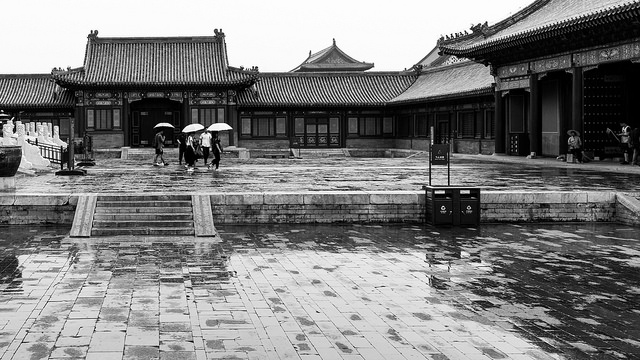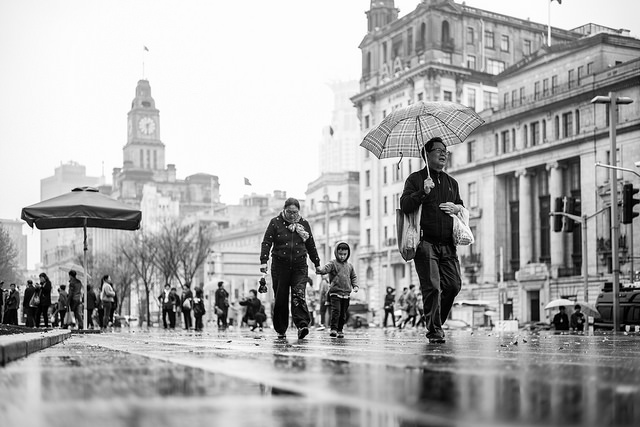 Gauthier DELECROIX – 郭天
Gauthier DELECROIX – 郭天
Travel is all about discovery, and disconnecting from the daily routine, and certainly learning. I talked about this in my first China post last month, and today we resume our trip with a second – and possibly even more interesting – installment.
When we travel, we explore new cities not only up and down, but side to side, as the song says, with the most touristy places usually taking first priority. If we but venture off the beaten path for a spell, however, and immerse ourselves in the reality of daily life in local culture, Chinese in this case, we will return home so much the richer in experience and learning.
So, without further ado, let us stroll the streets of cities such as Shanghai, Beijing, and Xi’an to witness their day-to-day quirks and peculiarities, those things that bring us quickly to the heart of the experience and create unforgettable memories.
One of the first things you’ll notice: If you’re not Asian, you will attract attention. Whether your hair is blond or brown or tightly curled, and above all, if you travel with children, be prepared! You may not quite feel like Madonna and her paparazzi, but people will approach you to take pictures with you and your adorable kids, maybe practise their English. Some may even snap your picture, hoping you don’t notice. In many cases, these are domestic tourists from the provinces who may never have seen a foreigner in person before. It’s a compliment, so let yourself be flattered and enjoy the attention. It’s your fifteen minutes of fame – in China anyway!
Are you superstitious? Welcome to the club! Traditionally, Chinese culture has been (and still is) rather superstitious – though as in the West, this phenomenon is dwindling. Just like some Western lifts skip the 13th floor, in Chinese hotels and residential buildings you often won’t find the number 4. The word “death” and the number four, you see, sound almost identical in both Mandarin and Cantonese Chinese… and no one, naturally, wants to live on the death floor.
 Matthias Ripp
Matthias Ripp
What about allergies? If you’re a habitual sufferer, be very aware of the air pollution in China, especially in springtime, as you can get more than a passing sniffle. The solution? Pack your antihistamines, handkerchiefs, and even a face mask. Don’t be shy about wearing it outdoors: nobody will look at you funny. Many locals wear them as well.
If you like massages, you might just be intrigued to try a blind masseur. It may sound odd, but traditionally in China the blind give massages, as they’re believed to have a more developed sense of touch, compensating for their lack of sight. Chinese popular culture believes that they can perceive the exact points your body needs to be poked and prodded. Therefore, if you have the opportunity, don’t hesitate: it can be a wonderful and different experience, as well as very pleasant.
It’s also worth noting that although not everyone speaks English in China – surprisingly, even in some good hotels. Certainly that’s the case with many restaurant staff and taxi drivers. And those who do may not speak it as well as you would hope. While it may be funny to order one thing in a restaurant and get another, getting lost in a taxi is certainly no fun. The solution at least for taxis is to have your concierge write your destination in Chinese on a card so you can show the driver; and take a card from your hotel with the address in Chinese for the way back.

